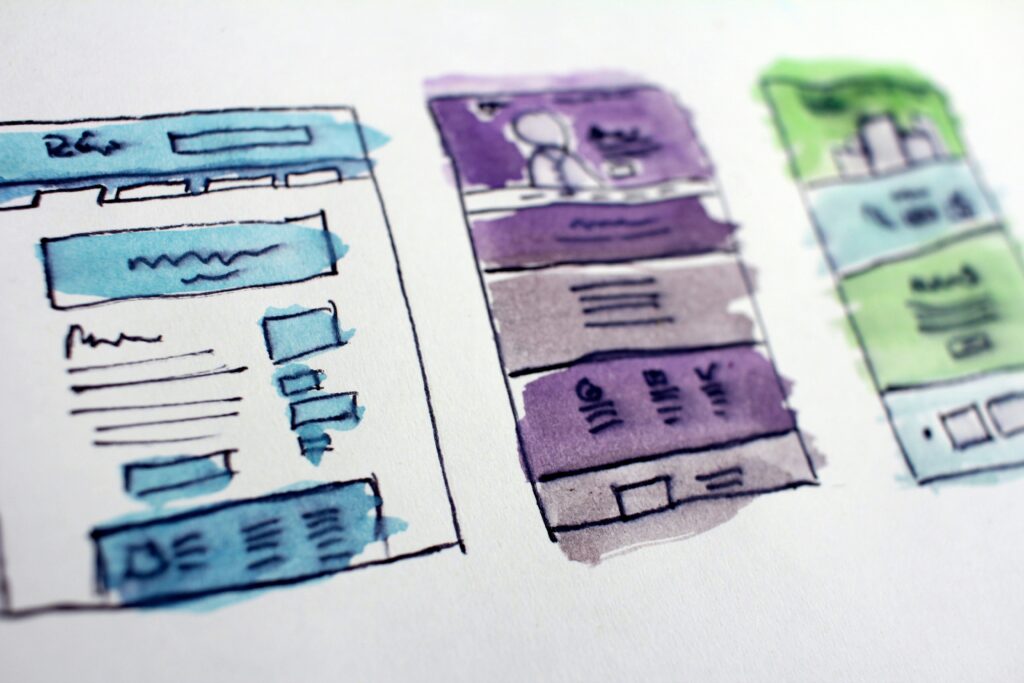User experience (UX) and engagement
Search engines like Google prioritize user experience when ranking websites. If your site is difficult to navigate, slow to load, or not mobile-friendly, visitors will leave quickly, leading to a high bounce rate, which negatively impacts your rankings. A clean, intuitive design ensures visitors stay longer and interact more with your content.
Mobile friendliness and responsiveness
With the majority of web traffic coming from mobile devices, having a responsive design is no longer optional. Google’s mobile-first indexing means that websites optimized for mobile users rank higher in search results. Ensuring your website adapts seamlessly to different screen sizes enhances accessibility and improves SEO.
Website speed and performance
Page speed is a ranking factor in Google’s algorithm. A slow-loading website frustrates users and leads to high exit rates. Optimizing images, using fast hosting, and implementing efficient coding practices can significantly improve load times, ensuring a seamless browsing experience.
SEO-Friendly URL structure
A well-structured website includes clean and descriptive URLs that help search engines understand page content. Avoid long, complicated URLs containing with random numbers and symbols. Instead, use clear and keyword-rich URLs to enhance discoverability.
Proper use of headers and meta tags
A well-organized website includes proper use of H1, H2, and H3 tags to structure content, making it easier for search engines to crawl and index. Optimized meta descriptions and title tags improve click-through rates, driving more organic traffic to your site.
Security & HTTPS
Google prioritizes secure websites. Having an SSL certificate (HTTPS) not only secures user data but also boosts trust and search rankings.
Internal linking for better navigation
A strong internal linking strategy enhances user experience by guiding visitors to relevant pages within your website. It also helps search engines crawl and index pages efficiently, improving overall site authority.

